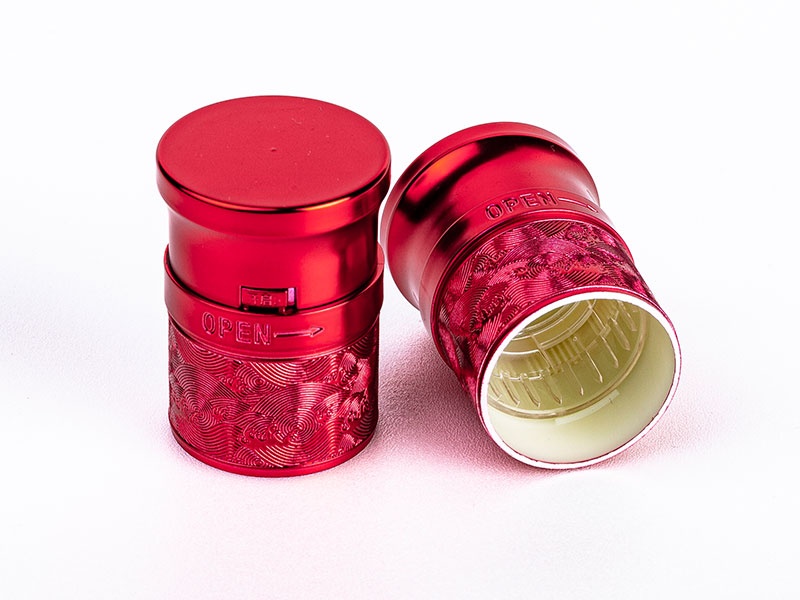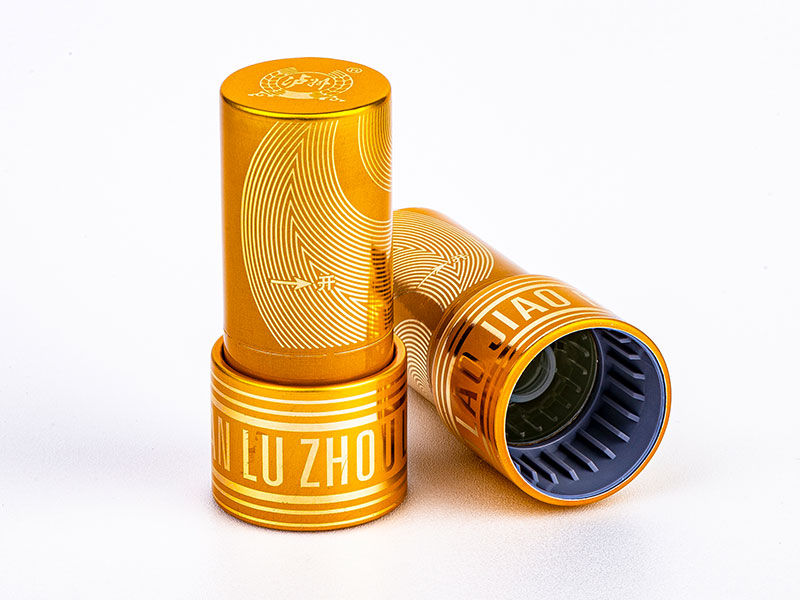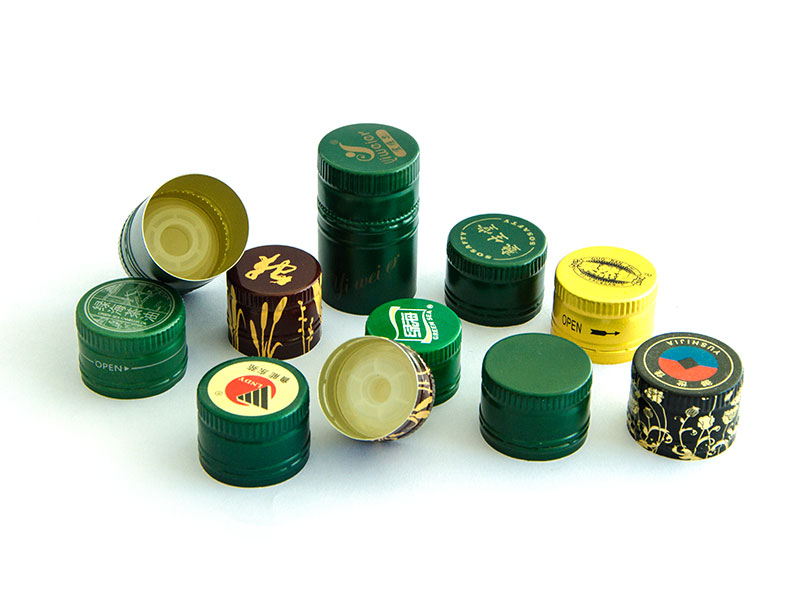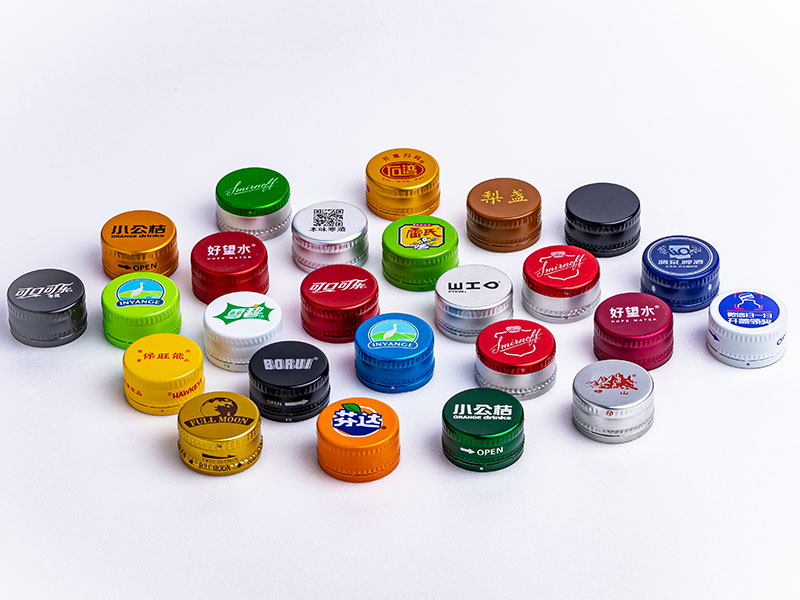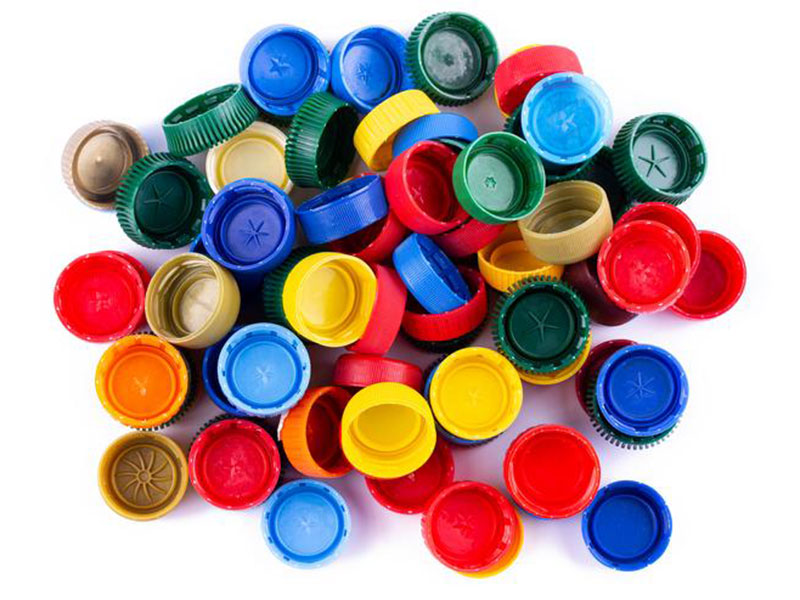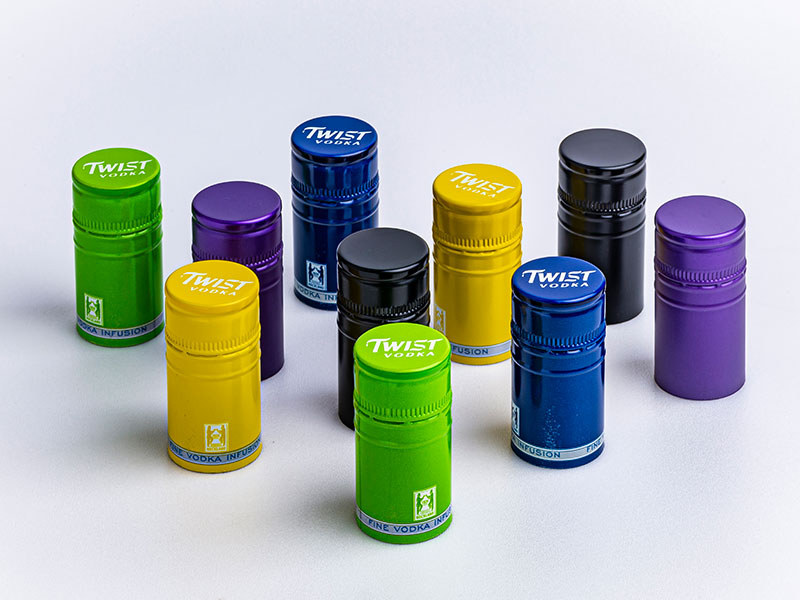Aluminum Soda Bottle Closures with Enhanced Leak Proof Mechanism
In the fast-evolving beverage packaging industry, closures for soda bottles play a critical role—not only for safety but also for preserving flavor, ensuring sustainability, and enhancing customer experience. Aluminum soda bottle closures with enhanced leak proof mechanisms are gaining traction thanks to their blend of strength, corrosion resistance, and precise engineering.
Why Aluminum for Soda Bottle Closures?
Aluminum boasts a superb combination of lightweight, durability, environmental friendliness, and ease of recycling. Unlike plastics and traditional steel caps, aluminum closures provide optimal sealing characteristics while reducing carbon footprint throughout their lifecycle.
Our factory's experience with aluminum bottle cap production highlights a crucial trade-off in achieving enhanced leak-proof mechanisms: increased manufacturing complexity versus improved product performance and reduced customer returns. While simple rolled-edge closures are cost-effective, they're susceptible to leakage, particularly with carbonated beverages under pressure or during temperature fluctuations. Implementing more sophisticated designs, such as those incorporating elastomeric seals (liners) or intricate geometries like a multi-stage crimping process, demonstrably reduces leakage rates. However, these improvements require specialized tooling, precise quality control procedures, and often, a higher material cost per unit. We've found that the optimal balance hinges on a thorough cost-benefit analysis factoring in potential warranty claims, customer satisfaction metrics, and the projected lifespan of the improved closure.
A insight derived from analyzing production failures centers on the consistency of the liner's adhesion to the aluminum cap. Minute variations in the application process, even slight inconsistencies in the liner material itself, can significantly compromise the seal. Therefore, meticulous attention to automated dispensing and pressure control during liner installation is paramount. Furthermore, rigorous quality checks—including pressure testing samples from each production batch—are essential to identify and rectify potential issues before they lead to widespread leakage problems. By focusing on these aspects, we've been able to successfully introduce enhanced leak-proof closures without a disproportionate increase in manufacturing costs, ultimately benefiting both the company and our customers.
- Lightweight nature reduces shipping costs and decreases load on the dispensing pumps.
- Corrosion resistance ensures long shelf-life in acidic conditions typical of carbonated soda beverages.
- Aluminum’s malleability enables precise thread cutting and sealing features integral for enhanced leak proof design.
However, simply using aluminum is not enough to achieve the rigorous sealing demands of carbonated beverage packaging handling pressure and variation in temperature. This is where alloy composition, and advanced tempering techniques come in.
The Enhanced Leak Proof Mechanism: Design & Engineering
Traditional closures relied heavily on inner liners or gaskets to form a seal against leakage. Aluminum closures take a more sophisticated approach by integrating:
- Precision-engineered threads at micron-level tolerances on the closure’s skirt for a tighter spiral fit.
- Specialized bead lips and crimp designs providing compressive force ever closer to parallel against the bottle rim.
- Double-seal systems where both thread engagement and a unique aluminum liner create two distinct sealing barriers.
- Patterned sealing surfaces employing compliant coatings or micro-pillars imprinted at manufacture to adapt dynamically under pressure.
Together, these design attributes minimize gas escapement and liquid seepage far beyond conventional screw caps or crown seal counterparts.
Alloy Tempering and Material Specification
The backbone of these closures lies in the 12xxx aluminum series alloys, primarily aluminum combined with small amounts of magnesium or manganese to enhance strength without compromising formability.
Typical Alloy Compositions (% weight):
| Element | Alloy 1235 | Alloy 1199 |
|---|---|---|
| Aluminum (Al) | 99.35 min | 99.99+ min |
| Copper (Cu) | 0.05 max | 0.03 max |
| Iron (Fe) | 0.40 max | 0.005 max |
| Silicon (Si) | 0.30 max | 0.01 max |
| Magnesium (Mg) | 0.26 max | 0.01 max |
| Manganese (Mn) | 0.10 max | 0.005 max |
| Zinc (Zn) | 0.10 max | 0.002 max |
Temper Condition:
- Typically H19 tempering is applied (fully hard, strain hardened temper).
- The goal is maximizing yield strength (~180-200 MPa) to resist deformation from excessive torque or internal carbonation pressure.
- A balance of ductility ensures sufficient yielding during closure application and crimping on factory bottling lines, maintaining a lasting seal.
By combining mechanical hardening (cold working) and thermal annealing steps, manufacturers achieve uniform microstructure essential for impeccable consistency in the leak proof behavior.
Compliance & Implementation Standards
Aluminum soda bottle closures must adhere to stringent global industry standards, ensuring not only product safety but also regulatory environmental compliance:
- International Organization for Standardization (ISO 9001:2015) - quality management for manufacturing controls.
- ASTM B218 for aluminum finishing and temper control.
- CFR 21 Part 177 (FDA) - compliance for food-contact materials.
- Tappi standards TM 206 - concerning closure torque and seal strength efficient for carbonated liquids.
- ISO 6346 Packaging - Polymer and metal caps - specific thread and functional dimension requirements for uniform latitudinal market consistency.
Finally, environmental certifications regarding recyclability and “Cradle to Cradle” lifecycle scores guide further optimization of material use and disposal—selling points in today’s eco-conscious beverage markets.
Mechanical & Chemical Properties at a Glance
| Property | Typical Value |
|---|---|
| Density | 2.7 g/cm³ |
| Tensile Strength | 180-200 MPa |
| Yield Strength | 140-150 MPa |
| Elongation at Break | 3-7% |
| Thermal Conductivity | 237 W/m-K |
| Corrosion Resistance | Excellent (Saline + acid testing) |
| pH Stability Range | 2 to 8 (Culture context - soda beverages operate ~pH2.5-4) |
The Bottom Line: Why Invest in These Closures?
Enhanced aluminum closures bring tactile sensibility in handling, robust product preservation by virtually eliminating leaks, and superior recyclability. The near-perfect corrosion and pressure-resistance partnerships within the 12xxx alloys enhanced with premium H19 temper methods ensure beverage manufacturers a reliable cap that surpasses performance demands and sustainability goals.
They don’t just seal the bottle—they safeguard the essence within.



